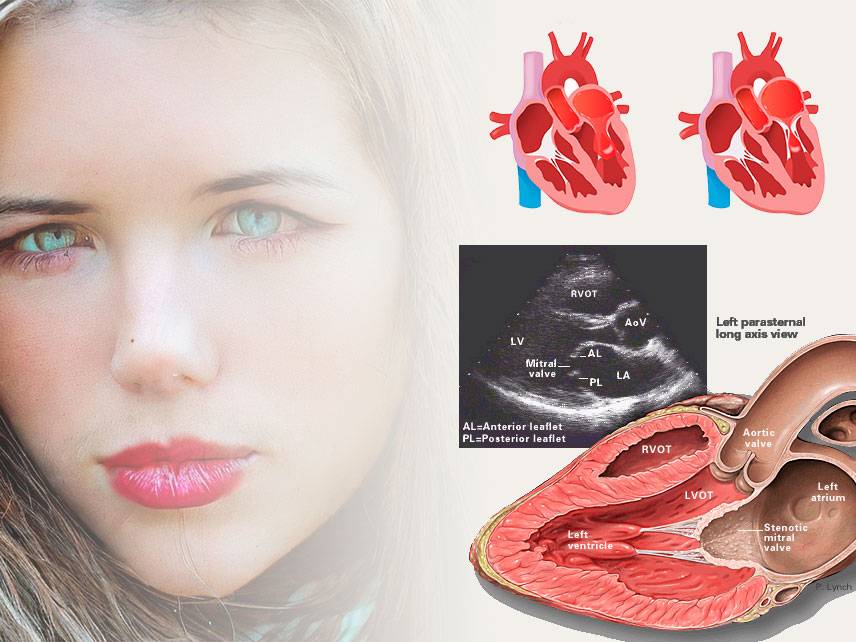
Mitral stenosis: symptoms, diagnosis, treatment.
Mitral stenosis is a condition in which the mitral valve in the heart does not open properly, resulting in decreased blood flow from the left atrium to the left ventricle. Symptoms include shortness of breath, fatigue, palpitations, and swelling of the legs. Diagnosis is made through physical examination, echocardiography, and other tests. Treatment involves medications to reduce symptoms and a procedure called balloon valvuloplasty, which is a minimally invasive procedure that opens the valve and increases blood flow. In some cases, surgery may be necessary to replace the valve. With proper treatment, many people with mitral stenosis can lead full and active lives.





